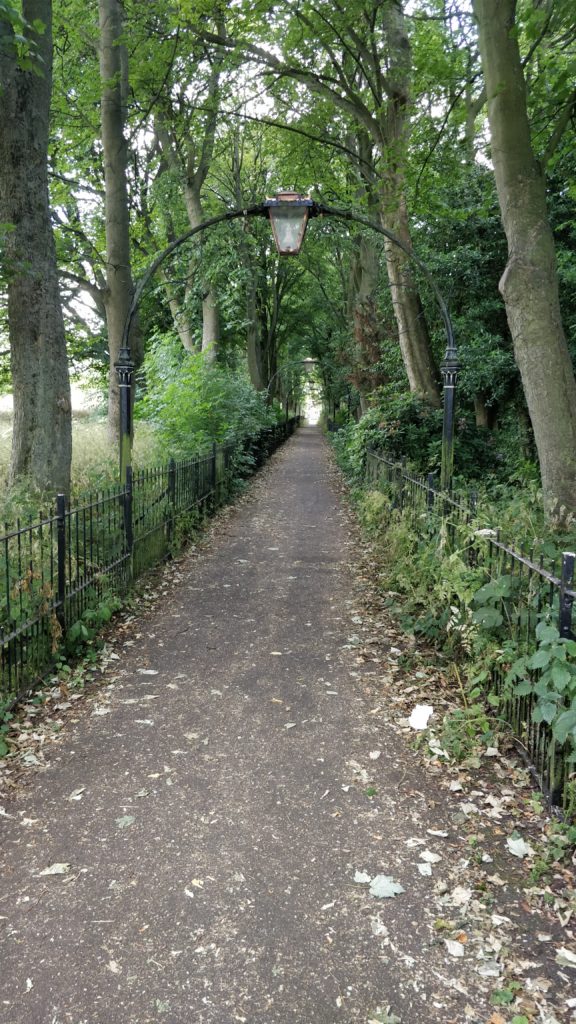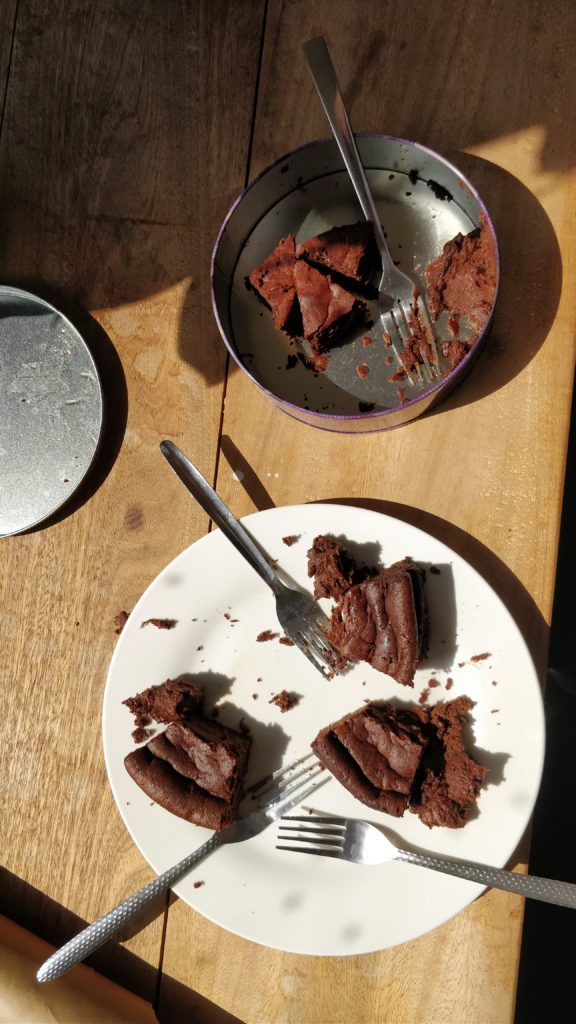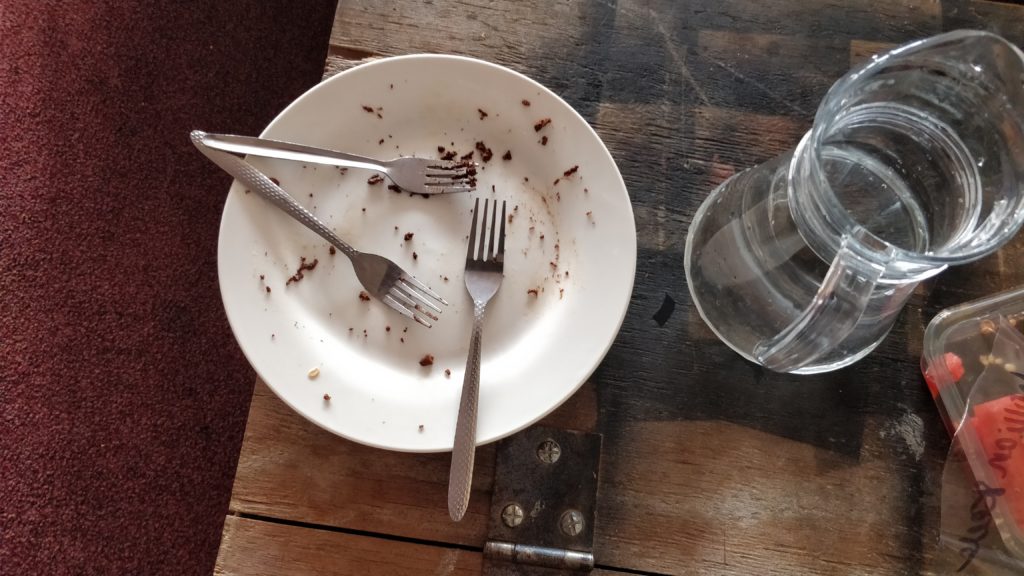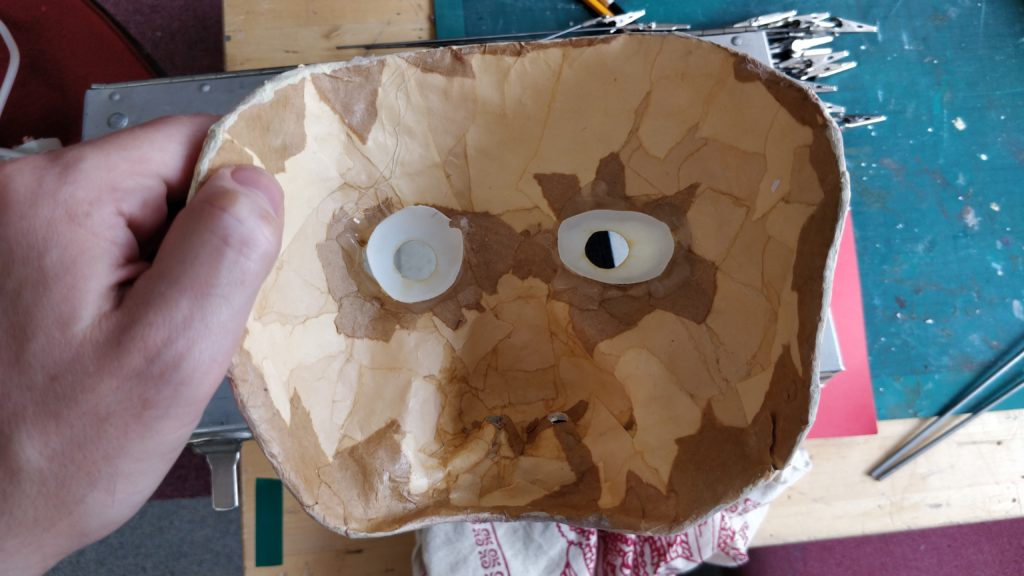This week as it was to me
The main theme of the week was starting my new full-time NHS psychology work. Tiring but rewarding to go back to a standard working week (plus blogging etc… I’m gonna be busy). The teams are really nice. So far, the worst thing about going back to the grind is the ergonomics. So far I am doing without: natural scrolling, a comfortable keyboard, an ergonomic keyboard layout (I use Colemak at home), a standing desk, and the screens… oh god, the screens. Seemingly Windows 7 also prevents me from using many of the keyboard shortcuts for moving through text I like too. And the only plain text editor is Notepad, which isn’t exactly easy on the eye. I might be able to tweak some stuff but I may need to make my piece with much more.
A Newcastle heat wave is not as hot as elsewhere, but very nice. I had a nice walk around my local park. It’s victorian and has this lovely passage with old copper gas lamps.

Also a barbecue. This cat craved beer.

Hanging out with the lady too which is really nice. Her cat prefers catnip, and catching random critters as gifts. Lots of nice gluten-free baking atm too.


And the city is pretty lovely.
Building
Did some mask-making on the weekend, nicely therapeutic.

Connections
Having just joined the NHS, I’m thinking about service and then I chanced upon this article where the first story is about my friend Alex.
Recommendations
Went to see a cool jazz group led by composer and guitarist Gero Schipmann. I love the guitar but am not such a fan of it in jazz, prefer the impact of brass or the eloquence of the piano, but he brought it to interesting places and allowed his group into focus including an excellent sax player.
You can hear some of his stuff here.
Branches outward
Andrew Taggart has been exploring the issue of Total Work.
Total Work, a term coined by the philosopher Josef Pieper, is the process by which human beings are transformed into workers as work, like a total solar eclipse symbolized in the logo above, comes to obscure all other aspects of life. In these newsletters, I document, reflect upon, and seek to understand this world historical process, one that started at least as far back as 1800 and possibly as early as 1500.
I don’t always have time to make it through all his newsletters but enjoyed his recent one, which included a reflection on how people are responding to the effort:
Some believe that I’m only arguing against overwork and that I’m calling for “work-life balance.” That was how the story got picked up after a Quartz piece I wrote (see this MSN news piece). In truth, I’m trying to understand, at the very least, how work came to be sacrosanct, especially given its long track record as something contemptible (ancient Greece) and as necessary evil (medieval Europe).
Reading
I just got Butler’s Lives of the Saints in the post, and a friend returned Street Reclaiming to me (Mr Engwitch) and Jan Gehl’s Cities for People. I’m still on Lachman though.
Thinking through
(Rough and ready first-pass stuff here)
Speaking of Lachman, I’m reminded of how the current political divide – nay, chasm – seems to map in the public space with the right claiming “rationality” and left “feelings/subjectivity” – scientific method versus critical theory, for example. Currently, the book is exploring Goethe and his attempt to reject these as two binaries and thread the needle between them. Goethe is an interesting character as he was the seed of romanticism, which became known for emotional outpouring and a preoccupation with feeling, and was at the same time keenly interested in science and the material world (he discovered, for instance, the intermaxillary bone in humans, whose absence was thought to indicate the separateness of our species from others; Darwin credited this discovery as a key step on the path to figuring out evolution).
However, Goethe intended to approach the natural world with the instincts of the poet. One way in which you could imagine doing so would be to bring whatever personal feeling happened to be manifesting within you and smudging it all over the phenomena – so one day it could be oh, cold, grave tree! So imposing and judgmental, you cast your eyes on me but on another oh tree, you are my calm friend, etc. This would be layering feelings and subjectivity over what is nowadays considered territory for the rational, outer-viewing mind. In such a tradition, any interpretation we want to bring to bear would be valid, as long as we feel it when we apply it. This is the postmodern approach of suggesting everything is a text and every text can be read in any number of ways, with either all being equally correct, or with the correctness shaped only by its possible political impact, making the readings ultimately instrumental rather than true in themselves.
But this wasn’t what Goethe was about at all. He didn’t consider the natural world a canvas for his subjectiveness, with any take equally correct. He took it seriously that his job was to try and see the insides of a thing – a plant, or a place – as they really were, using his imaginative sense to “see ideas”. He wasn’t seeking to interpret the tree, he was seeking to actually understand it, using imagery called forth by the presence of the tree and his patience to join with it.
One of the reasons I’m interested in this is because of the old improv, where we layer identities onto empty stages and plainly dressed players using mental imagery, and at its best try to carve out a reality that isn’t there but also is. I personally feel like there is at least two activities in improv, one being making decisions to interpret and shape what you present to an audience in an instrumental way (twist this here to make this funny, introduce this theme to be dramatic), and another where you are allowing whatever is there to breathe and manifest. To see an idea. As an idealist, an idea is no trivial thing. Judgments and beliefs are cheap, but ideas are bigger than us.